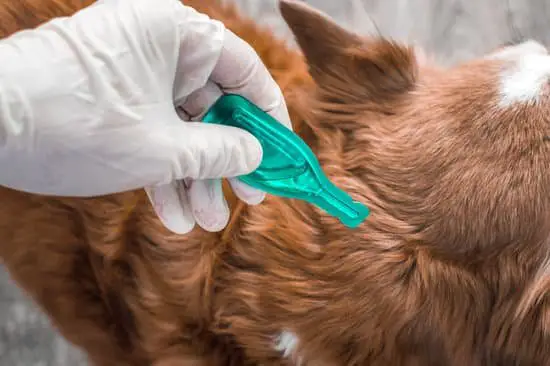Can Fleas Cause Anemia in Cats?
Anemia in cats is a potentially serious disease, and if left untreated, can lead to organ failure, lethargy, and even death. A consultation with a veterinarian is necessary for proper diagnosis and treatment. Fortunately, supportive care can help your cat’s overall health and prolong its life. Some recommended practices include monthly flea prevention, keeping your cat indoors, and ensuring the cleanliness of its environment.
Your vet can easily determine if your cat is suffering from anemia by checking the red blood cell count. He will also look for any underlying causes. X-rays and ultrasounds can be used to rule out internal bleeding or infection. Other tests can indicate blood loss, which may be due to trauma or other sources. Flea and tick infestations and hookworm infections are two common causes of blood loss in cats.
If your cat has severe symptoms or has recently had blood transfusions, she may have a more severe case of anemia. A comprehensive physical exam, blood chemistry profile, and urinalysis are also recommended by your vet. If you suspect an infection, a polymerase chain reaction test will be performed, which can identify the presence of mycoplasmas in the blood. If the test is positive, your vet will issue a diagnosis of infectious anemia.
The best treatment is prevention. Regular flea treatments, such as flea preventive tablets, help minimize the risk of anemia. If your pet does have an infestation, your veterinarian will be able to recommend a medication that can kill adult fleas as well as juveniles and eggs. You should also consult with your veterinarian about the side effects of these medications. You must keep fleas under control for your pet to recover.








